The United Nations Sustainable Development Goals (SDGs), adopted in 2015 as part of the 2030 Agenda for Sustainable Development, outline a comprehensive global framework for addressing some of the world’s most pressing challenges. These 17 goals encompass a wide range of objectives, from eradicating poverty to ensuring clean water and sanitation, to addressing climate change. While the SDGs are widely praised for their ambition and potential to improve the quality of life for billions of people worldwide, there are concerns about how they might intersect with human rights, potentially leading to unintended consequences or infringements on individual rights. This article aims to explore the potential ways in which the SDGs could impact human rights and calls for a balanced approach to their implementation.
The SDGs and Human Rights: Potential Areas of Concern
Balancing Rights and SDG Implementation
To mitigate these concerns and ensure that SDG implementation respects human rights, several measures can be taken:
Conclusion
The United Nations Sustainable Development Goals represent a bold and ambitious vision for a better future. However, it is essential to recognize the potential intersection of these goals with human rights concerns. A balanced approach that respects individual rights, involves affected communities, and ensures accountability is crucial to achieving the SDGs without compromising the fundamental rights and freedoms of individuals and communities worldwide. By addressing these concerns proactively, the international community can work toward a more equitable and sustainable world that upholds both development goals and human rights principles.

Our ministry is supported by people like you. Partner with us to save souls as we relate current events/news to the Word of God and the Gospel!
Subscribe to SJWellFire: Final Days Report to follow Scott’s latest reports.